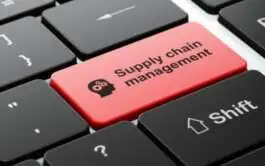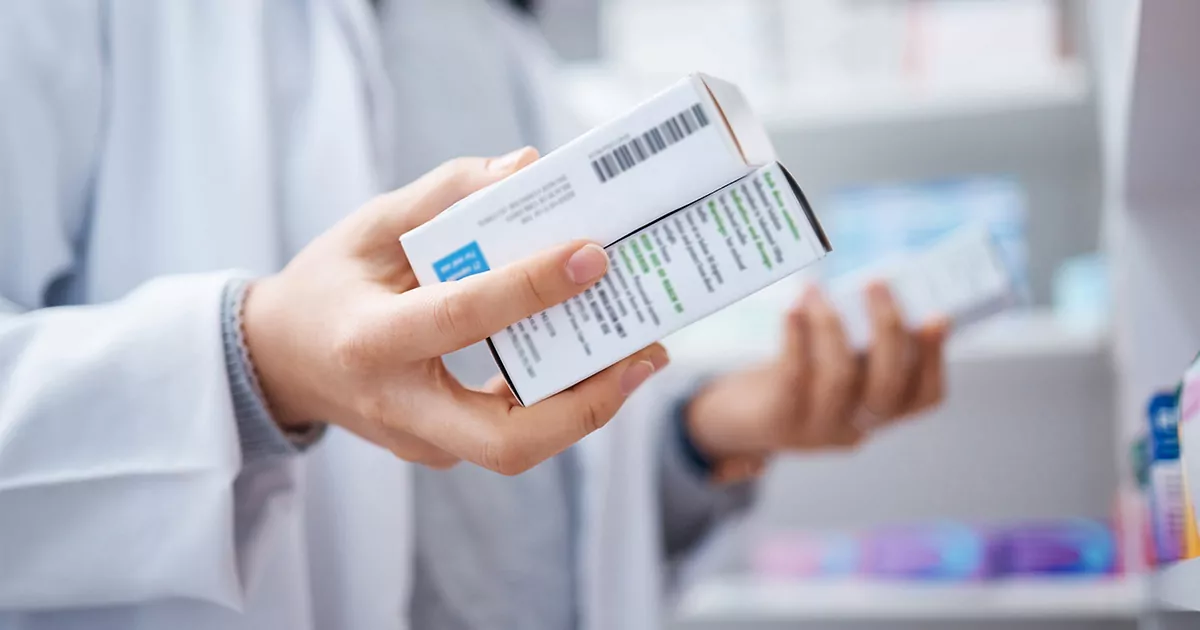Many questions related to the application process, practices, and conditions arise when a pharmaceutical company is considering the possibility of obtaining an over the counter (OTC) status for a medicinal product, i.e. selling it in pharmacies without a prescription. In this Q&A our experienced marketing authorisation experts will talk about the process and the questions that may arise at the application phase.
Which medicines can get the OTC status?
In PharmaLex, we have experience of different kinds of applications for over-the-counter medicines in the Nordic countries and in the EU. Each EU country decides independently on the OTC status of a medicine. Through the centralised procedure, it is possible to obtain an EU-wide OTC status. The guidelines of the European Commission, which examine, among other things, the requirements for an OTC drug, and issues that should be addressed in the application for OTC status, are helpful in preparing the application. For example, it is stated in the requirements that the patients must be able to assess the correct use of the OTC drug by themselves.
Does OTC status in another Nordic country have any effect?
It is worth mentioning in the application if the OTC status already exists somewhere else. However, as I mentioned earlier, each country makes an independent decision regarding which medicines, package sizes and indications are granted OTC status. The application shall justify the safety profile of the OTC drug based on prior use as a prescription product. It is also worth pointing out any safety information obtained from other countries in the justification.
How to apply for OTC status?
The application for OTC status is submitted to the Medicines Authority. In general, the application is made using a marketing authorisation amendment application, or in connection with the original marketing authorisation application. The detailed requirements of the application vary slightly from country to country. At least a clinical expert opinion justifying safe and effective self-treatment and taking into account the requirements of the guidelines of the European Commission that was mentioned earlier, and product information for the OTC drug are required. The application for OTC status may be slightly lighter regarding documentation and classification, if a corresponding product already has an OTC status.
Can you apply for OTC in more than one country at the same time?
Each country requires its own application, but the clinical expert opinion may be constructed in such a way that it is suitable for more than one country. Multi-country packaging, such as joint packaging for Finland and Sweden, is also possible for OTC drugs if the approved product information is consistent.
Can there be specific conditions for OTC drugs?
Yes. The authorities may have certain conditions for the OTC status of a medicinal product in order to manage the potential risk associated with self-treatment. For example, if the use of an OTC drug product requires further advice, instructions from the pharmaceutical staff in a pharmacy are always required.
If you are currently considering applying for OTC status for a medicinal product, PharmaLex experts will be there for you at all stages of the process.








